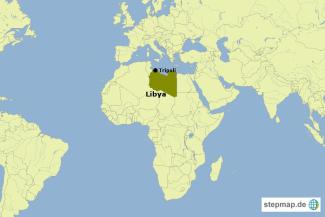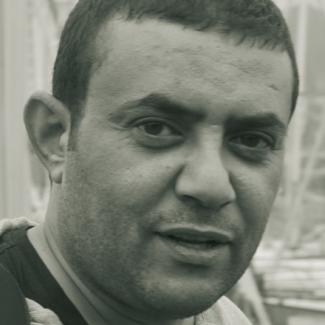Social media
When the music stops

Many people rely heavily on these tools for daily communication both at work and in their private lives. The sudden cut of services has left many people wondering whether they should rely on these services in future. People in all walks of life and many professions – including computer programmers, physicians, journalists and even clerics – were affected. The experience led to what may be the largest loss of trust in communication tools in recent memory.
Eman Erhim, a software engineer, says the breakdown of WhatsApp and Messenger disrupted client communications. Among other impacts, the cut in service caused postponement of a training course for three days. “Our management has started to think seriously about replacing these services with other communication tools to avoid a recurrence,” she says.
Many stores that previously used Facebook and Instagram as advertising platforms are also reconsidering their communications channels. Kalthum Ali, owner of confectionery store, decided to switch to competitors. “I have to open new accounts on other online platforms to avoid such unpleasant surprises in future,” she says.
Omar Saleh, a journalist, was meeting with colleagues virtually – using Messenger – at the time of the breakdown. He has since switched to Telegram. “We have to be able to rely on these tools to communicate – even though we are aware they are using our personal data,” he says.
The cut in service even affected some religious institutions. In Egypt, Sheikh Abdallah Jab Allah works at an online center of Al-Azhar Al-Sharif, a renowned Islamic institution that answers people’s religious questions. He says the blackout interfered with internal communications and delayed delivering answers.
University instructors and physicians, on the other hand, are relatively unconcerned, since they mainly use email to communicate. Ahmed Khatib, a physician, says he was not directly affected, as the shutdown happened on his day off. University instructor Hamza Thalab said the blackout happened after his workday had ended, and that in any case he uses email to communicate with students.
Similarly, many in Tunisia shrugged the blackout off. “I was with friends and didn't look at my phone,” says Wael Meskini, a translator in Tunisia. “Afterwards, my wife told me that she couldn't connect to her networks. But should a six-hour blackout impact people's lives so much? How did we get here?”
Moutaz Ali and Amel Sabri are journalists in Libya.
ali.moutaz77@gmail.com








